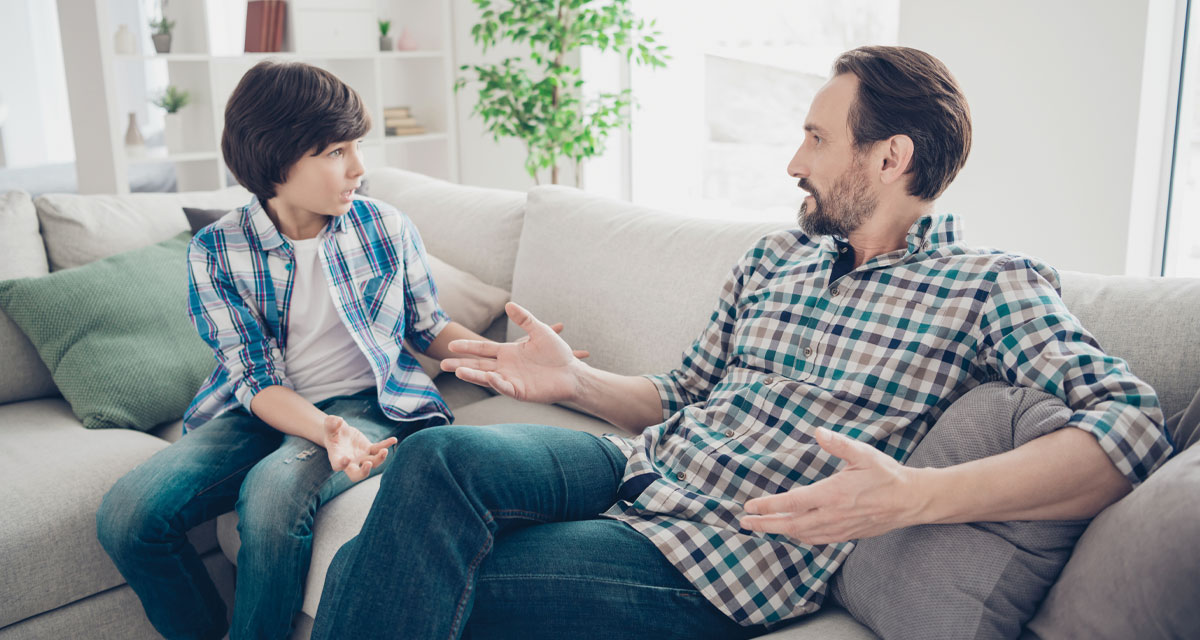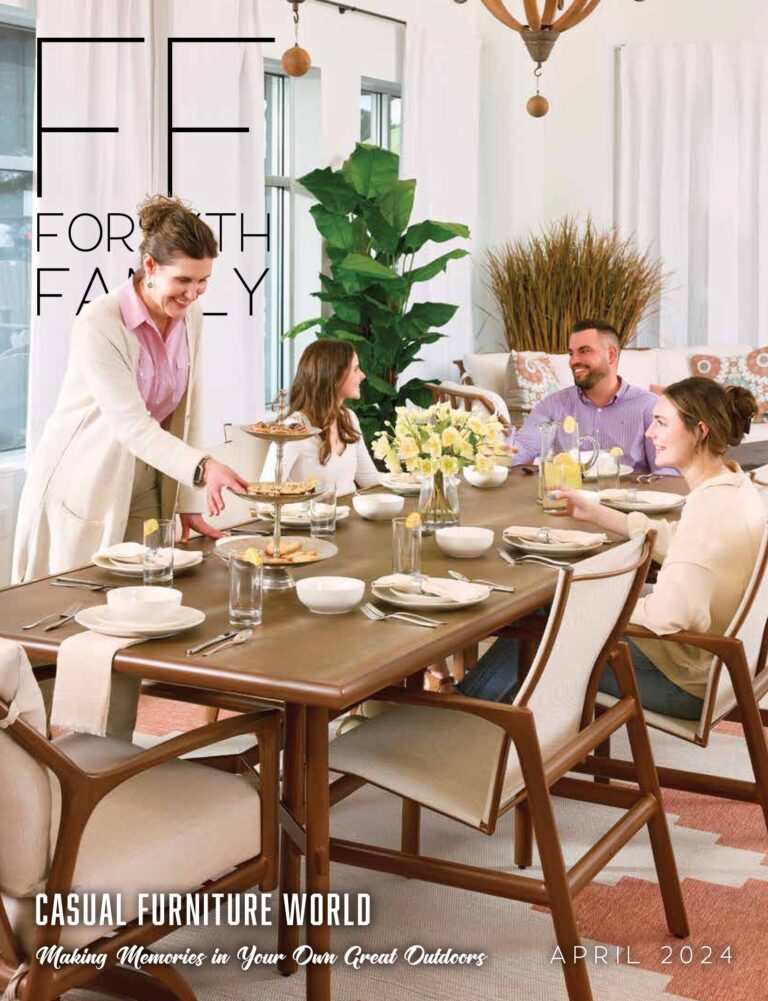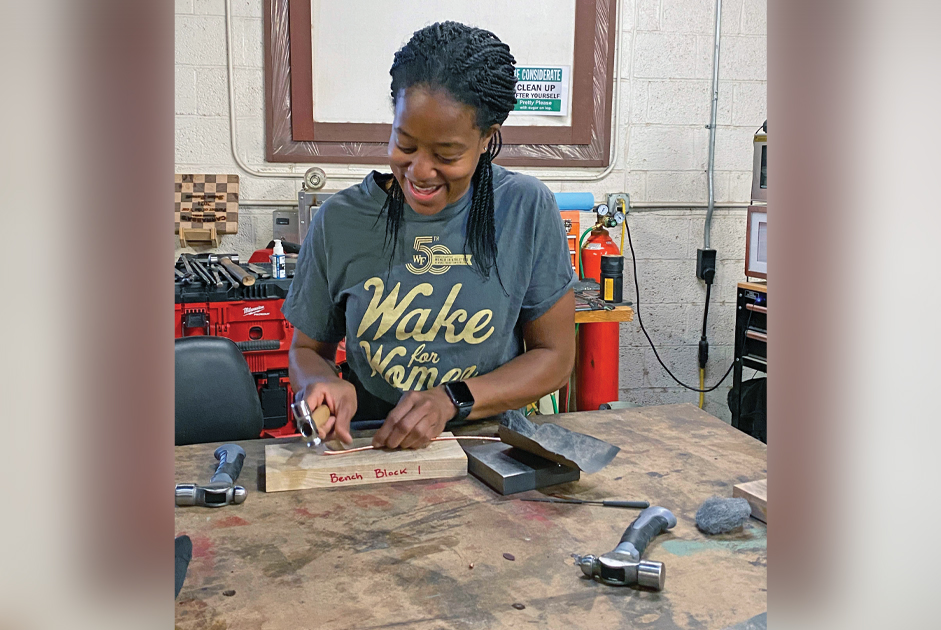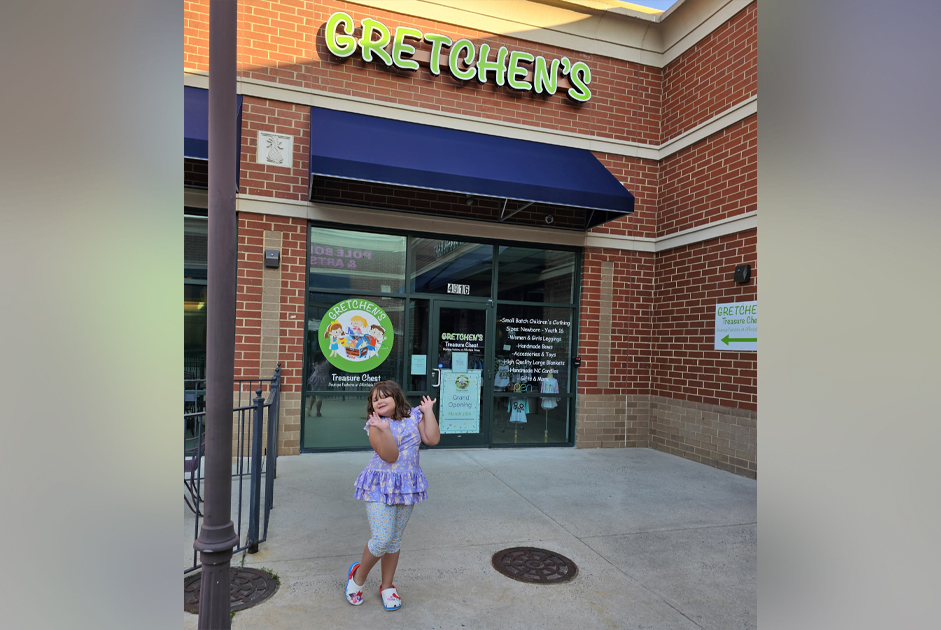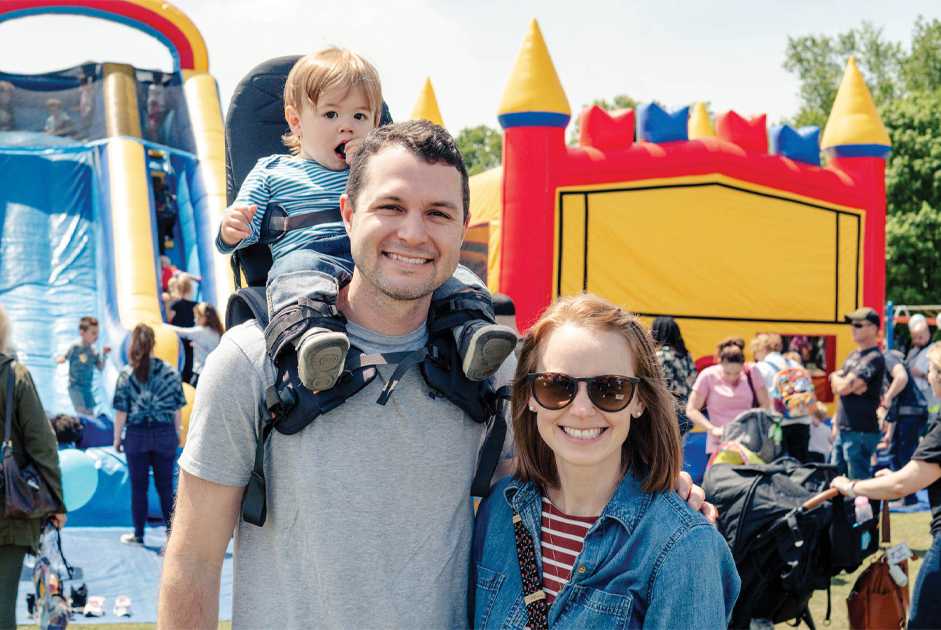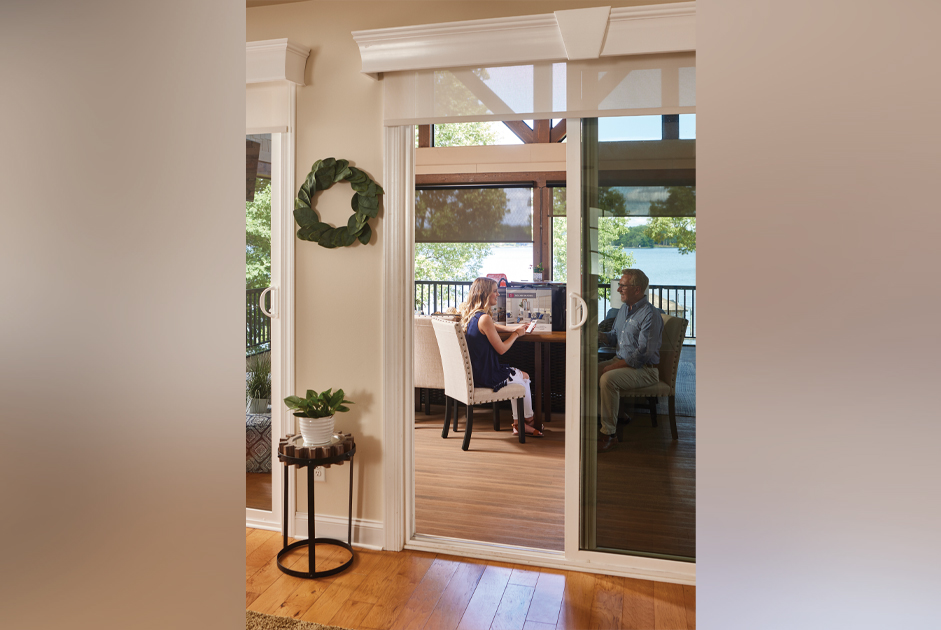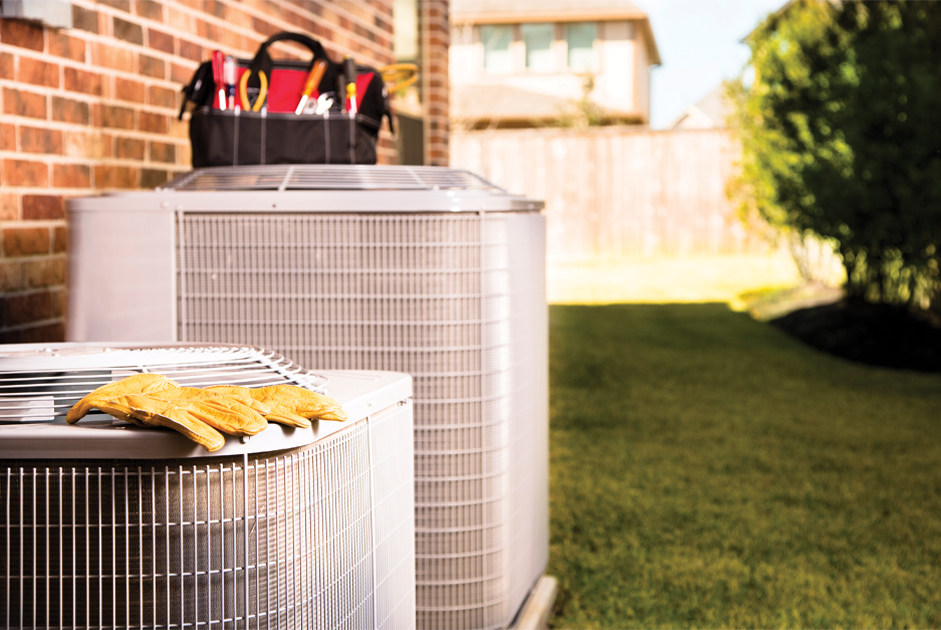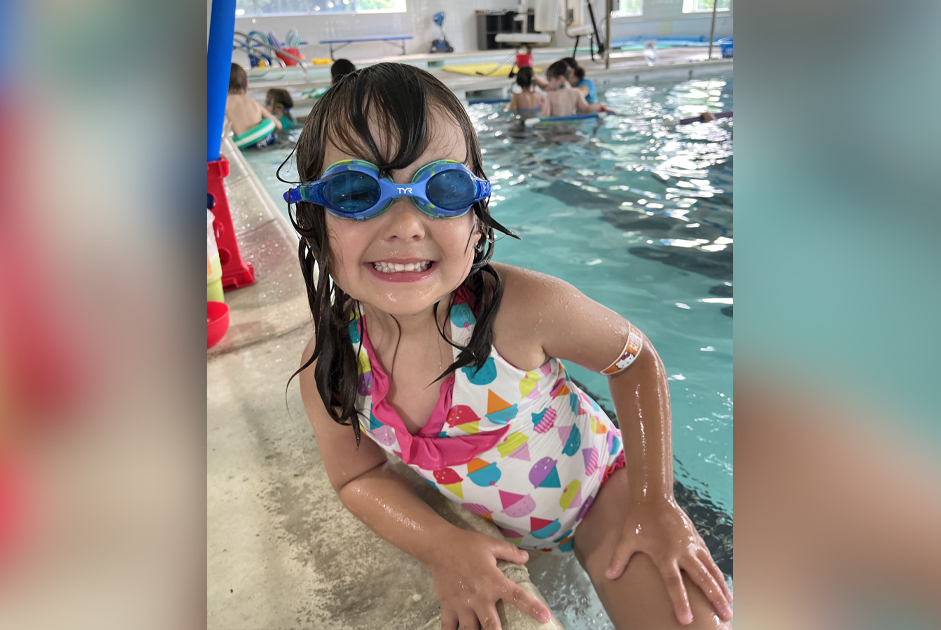BY JAMIE LOBER
One of the hot topics that you may overlook in discussions at the dinner table with your family this year is the upcoming presidential election. All elections matter and national ones can have an even larger effect on us. You may feel uncertain about who is best to lead the way forward or have concerns about issues that affect your family. Kids can sense this and sometimes even feel anxious, too. Keep in mind that kids may hear things at school from friends who are learning about the election at home. Your child may agree or disagree and has to know that it is okay to have differing opinions. It is more important than ever to model good listening, respect, and the value of getting educated on the issues during an election year.
The American Psychiatric Association offered some strategies on how to tackle the upcoming election in your home. Mindfulness and encouragement can make a difference, as well. Some tips are:
- Find out what your child knows about the election.
- Ask if your child has questions about the election.
- Provide age-appropriate information and reassurance when discussing the election.
- Control your own feelings; if you act uncomfortable, your child will pick up on that.
- Teach your child to respect the opinions of his peers, even if he does not share them.
- Empower your child to walk away if he or she is in an uncomfortable situation.
- Let your child know it is okay to tell someone he does not want to talk about the election.
- Have your child talk to a trusted adult if he does not feel safe when someone talks to him about the election.
- Monitor social media exposure.
- Make sure your child knows you love him unconditionally.
- Take care of yourself and continue to put effort into hobbies and things outside of the election.
CNN has encouraged parents to have a talk after the election is over. They want parents to let kids know that many names were on the ballot, because one person does not control the United States. There are many people with roles, and that is why there are what is called checks and balances in the government. You should talk about the results from an educational and historical perspective. There are many messages, such as that the popular candidate does not always win. Pay attention to how losing candidates concede and talk to your child about healthy ways to accept rejection. The way someone accepts winning is just as relevant as how they accept losing. You can compare this to a sports game, since it is an analogy that your child may better understand.
Make sure you have the conversation at an age-appropriate level. You may have to get down to the basics, such as term limits and the nomination process. You can then go into the fact that there are political parties and that each one has its own set of values and unique candidates within them. Let your child know when he will be of age to vote and how to register. Present it as a civic responsibility and a privilege. Years ago, someone may know how you voted based on the color paper you were handed at the polls, but thanks to the advances in technology, it is private today. When you are 18 years old and vote in the general election, your vote is confidential and is a stamp of approval for who you think is the best person to move our great country forward.

